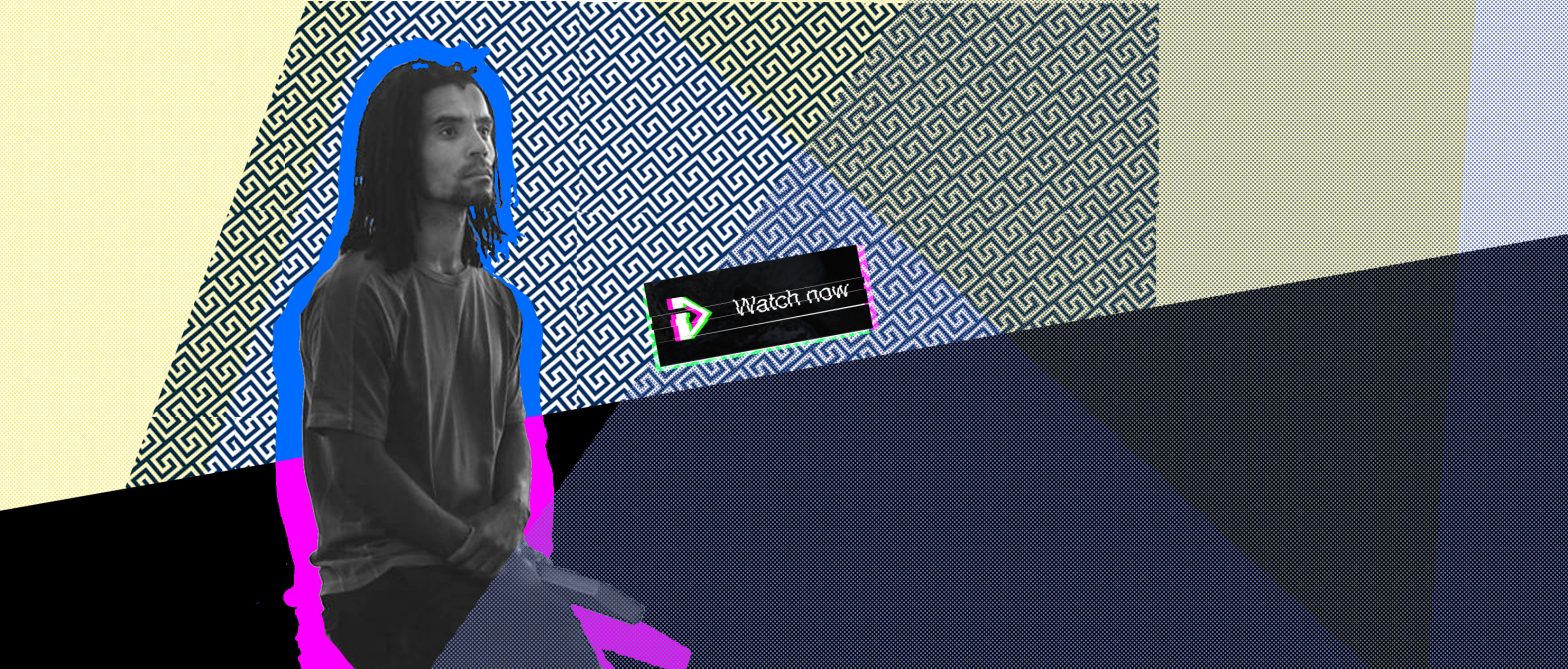I love to see Akala talking about The Odyssey. To have someone so thoughtful sharing their take on such an influential text, who has done so much to bring literature to young people of colour (through the Hip-Hop Shakespeare Company) and re-frame rap as a contemporary form of lyrical poetry, makes a pleasant change from the usual slim pickings of Sunday night telly.
It’s important to see people of colour (POC) talking about the Classical world. Classics, as Mary Beard has claimed, occupies the space between the present and the ancients and for many, that world appears polished white, male, and incomprehensible – not unlike most Classics professors today. In fact, according to the latest stats from the Society for Classical Studies, ‘minorities’ in 2014 made up just 2% of all full-time, tenured Classics professors in the US.
In reality, the ancient world of the eastern Mediterranean was a patchwork of overlapping cultures, identities, languages, ethnicities, and literary traditions that complicates the idea of Ancient Greece as the ‘pure’, ‘organic’ culture that birthed European and Western civilisation. What happens to the Western origin story if we consider Ancient Greece as part of an Egyptian-Iraqi/Syrian axis? Do the busts of Neptune along London’s North Bank change when we consider the figure’s North-African/Berber roots? How does our mental image of a Roman Emperor differ when we think of Septimius Severus, a ruler of Libyan origin?
It is dangerous for POC in the West to be kept out of the field of Classics. Perceptions and constructed images of the ancient world have long been used to glorify particular beauty standards over others, deny the contributions that certain peoples have made to Western society and traditions, and be used to justify harmful race-centred policies today (like UKIP mega-donor Aaron Bank’s wrongful claim that the Roman Empire collapsed after too much immigration).
That’s why I was so excited to learn that Sunday’s programme was going to show Akala – not an ex-politician in cargo shorts – learn more about The Odyssey before writing a poetic response. I sat my family down to watch the show, hoping they might come to see The Odyssey as part of their own cultural heritage (as descendants of the Eastern Med on my mother’s side) with its messages and meanings still relevant to their modern lives. Much like with Shakespeare, a good teacher is often all that stands between a draining wall of words and an exciting tale of humanity’s heroes and hardships.
The show starts well, with Akala using the practices of the ancients to dismiss modern culture’s snobbery towards rap and other music-accompanied poetry. It gets even better when Akala pursues alternative interpretative perspectives, such as the way in which The Odyssey is said to draw much from Gilgamesh, the ancient legend of Mesopotamia (today’s Iraq), or the idea that the story of the Cyclops may well be a metaphor for the harsh Greek colonial exploitation of Sicily. What we look for in the Classics matters and it’s great to see a POC calling the shots.
However as the programme progresses, it sadly clings too close to its mission statement, with the audience soon merely watching the host indulging his own intellectual appetite.
Whilst I’m sure Akala was well intentioned, not everyone knows the nuances of particular poetic forms, nor has the literary pedigree required to make sense of obscure textual references. You can’t just mention a ‘spondee’ without telling us what it is. If we really want to see more POC rightfully engaging in the study of the Classical World, conversations need to be had in a language that people understand. What’s more, in delving into debates about Greek letter forms and The Odyssey’s archaeological evidence before the story’s key moments have even been spelled out, this is clearly not one for newcomers. You need a prior understanding of the text to enjoy what the programme puts forward and therein lies its problem.
Last year saw Emily Wilson release the first ever version of The Odyssey translated by a woman. More so than any version to date, this landmark text has not glossed over the female characters of Penelope or Circe, nor sought to downplay the fact that domestic slaves feature heavily throughout. Crucially however, the text can become relevant to the lives and understanding of many more people through its sophisticated use of contemporary language. Gone are the days of ‘Sing in me Muse, and through me tell the story/ of that man skilled in all ways contending” (Fitzgerald, 1961). Bring on today’s ‘Tell me about a complicated man’ (Wilson, 2017).
Work is being done right now to re-shape how we think about race in the Ancient Med. POC in the west must play their part in this re-thinking and strive to bring these new interpretations to new audiences. That way, racist depictions of the Persians in films like 300 will be seen for what they are: manifestations of a white Classical imaginary that now needs to be shattered.
The Classical world doesn’t have to look like Elizabeth Taylor and it doesn’t have to sound like Boris Johnson. If we want to see more people of colour stretching what it means to study Classics and engage in debates about their own history, then it’s time to stop talking like everyone has an Oxbridge degree. Only then might The Odyssey truly return home.
